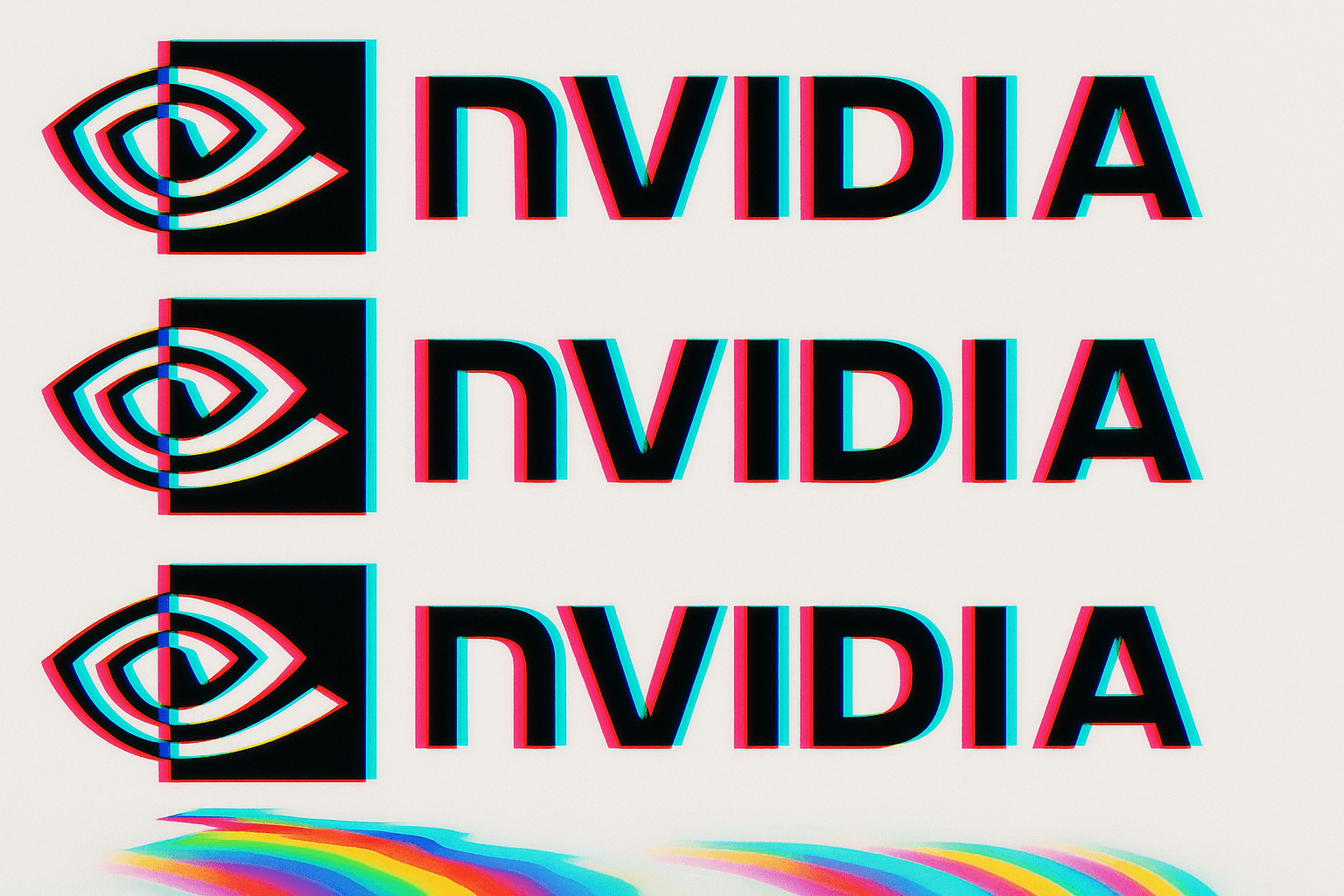Blue Lion supercomputer in Munich will use Nvidia's new Vera Rubin architecture

Nvidia is working with European governments, companies, and cloud providers to build a new continent-wide AI infrastructure.
The company says several European countries are developing AI systems powered by Nvidia’s Blackwell architecture. France, Italy, Spain, and the UK are partnering with technology and cloud providers like Domyn, Mistral AI, Nebius, and Nscale, along with telecoms such as Orange, Swisscom, Telefónica, and Telenor, to create an infrastructure expected to deliver over 3,000 exaflops of computing power. The goal is to support businesses, startups, and public institutions in building and deploying agent-based and physical AI. Nvidia is also setting up new AI technology centers in Germany, Sweden, Italy, Spain, the UK, and Finland to advance research and workforce training.
Regional Flagship Projects and Cloud Partnerships
In France, Mistral AI is working with Nvidia to launch a cloud platform that will initially include 18,000 Grace-Blackwell systems and is planned to expand to multiple sites. The platform targets businesses and public sector organizations developing their own AI applications. In the UK, Nebius and Nscale plan to deploy 14,000 Blackwell GPUs in new data centers.
Germany is also aiming to expand its role as an AI hub with a series of large-scale infrastructure projects. At the center is the creation of an industrial AI cloud in partnership with Nvidia and other firms—described by Nvidia as the first project of its kind in Europe. The data center will run on about 10,000 Blackwell-based GPUs and is designed for tasks ranging from manufacturing and simulation to robotics and digital twins. The platform is intended for companies of all sizes, including small and medium-sized businesses.
At the same time, two supercomputers in Germany are being upgraded with different areas of focus. The Jülich Research Center is building JUPITER, currently Europe’s most powerful system and part of the EuroHPC initiative. JUPITER uses nearly 24,000 Nvidia Grace Hopper Superchips and Quantum-2 InfiniBand, aiming for more than 90 exaflops of AI computing power. It already ranks fourth on the Top500 list of the world’s most powerful supercomputers. JUPITER is designed for scientific simulations, training large AI models, and research in fields like climate modeling, quantum mechanics, and biomedicine. The Jülich Supercomputing Centre reports an energy efficiency of about 60 gigaflops per watt, making it the most efficient system among the global top five.
Blue Lion in Munich Adopts New Nvidia Architecture
Another major project is Blue Lion, a supercomputer under construction at the Leibniz Supercomputing Centre in Munich, scheduled to go online in 2026. It will use Nvidia’s new Vera Rubin architecture, which for the first time combines a custom CPU and GPU in a single system. Blue Lion is expected to deliver roughly 30 times the computing performance of the current flagship SuperMUC-NG and will focus on applications in climate research, physics, and machine learning. The system will be fully liquid-cooled, with waste heat repurposed to supply nearby buildings.
According to Nvidia, companies such as BMW, Mercedes-Benz, and Schaeffler are already using the new infrastructure to optimize manufacturing, run simulations, and develop autonomous robots. Software providers including Siemens, Ansys, and Cadence are integrating their applications with these new cloud and supercomputing platforms.
Alongside infrastructure development, there are initiatives to train skilled workers and support research institutions, including partnerships with universities, technology centers, and the Nvidia Deep Learning Institute.
Nvidia notes that similar projects are underway in other regions like Taiwan and the Middle East. The current investments in Germany are part of a broader global expansion of Nvidia’s AI infrastructure.
AI News Without the Hype – Curated by Humans
As a THE DECODER subscriber, you get ad-free reading, our weekly AI newsletter, the exclusive "AI Radar" Frontier Report 6× per year, access to comments, and our complete archive.
Subscribe nowAI news without the hype
Curated by humans.
- Over 20 percent launch discount.
- Read without distractions – no Google ads.
- Access to comments and community discussions.
- Weekly AI newsletter.
- 6 times a year: “AI Radar” – deep dives on key AI topics.
- Up to 25 % off on KI Pro online events.
- Access to our full ten-year archive.
- Get the latest AI news from The Decoder.